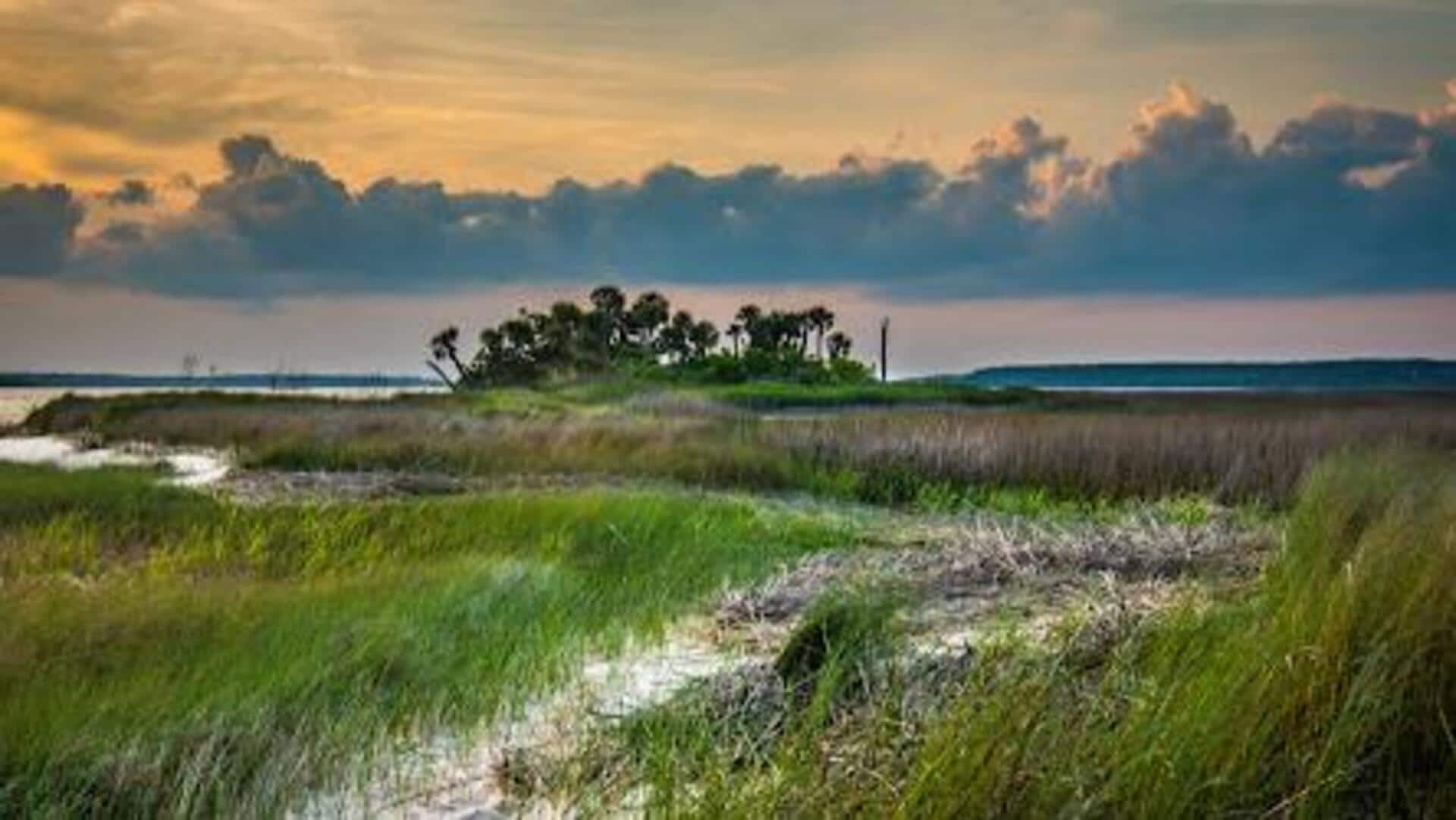
Unveiling the Gullah culture of Sea Islands, South Carolina
What's the story
The Sea Islands of South Carolina are not just known for their natural beauty but also as a vibrant cultural hub. Here, the Gullah culture, preserved by descendants of West African slaves, showcases a rich tapestry of traditions, language, and crafts. This community has maintained its heritage over centuries, offering an authentic cultural experience for visitors.
Taste traditions
Experience authentic Gullah cuisine
Truly appreciating Gullah culture requires delving into its cuisine, which blends West African and Southern flavors. This includes seafood, rice dishes like the renowned Hoppin' John (rice and peas), and vegetables. By exploring local markets or dining at restaurants serving traditional Gullah meals, visitors engage in more than just eating. They learn about the history and significance behind each dish, enriching their cultural experience.
Heritage hub
Explore the historic Penn Center
Established in 1862, the Penn Center on St. Helena Island is key to exploring Gullah culture. Originally one of the first schools for freed slaves, today it functions as a cultural museum. Through guided tours, visitors can immerse themselves in the Sea Islands' history with artifacts, photographs, and stories. This experience offers a deep connection to the community's resilience and achievements.
Discover traditions
Join a cultural tour
To dive deeper into the Gullah way of life, joining a guided cultural tour is highly recommended. These tours often include visits to local communities where you can witness traditional crafts like basket weaving—a skill passed down through generations—as well as storytelling sessions that bring folklore to life. It's an intimate way to engage with locals and understand their customs firsthand.
Festive spirit
Attend a local festival
Throughout the year, several festivals on the Sea Islands celebrate Gullah heritage. These vibrant events showcase music, dance, art, and food, capturing the essence of this unique culture. Attending these festivals allows visitors to experience communal joy and learn through immersive workshops and performances by local artists. It's a deep dive into the Gullah community's spirit and traditions, offering insights into their enduring culture.